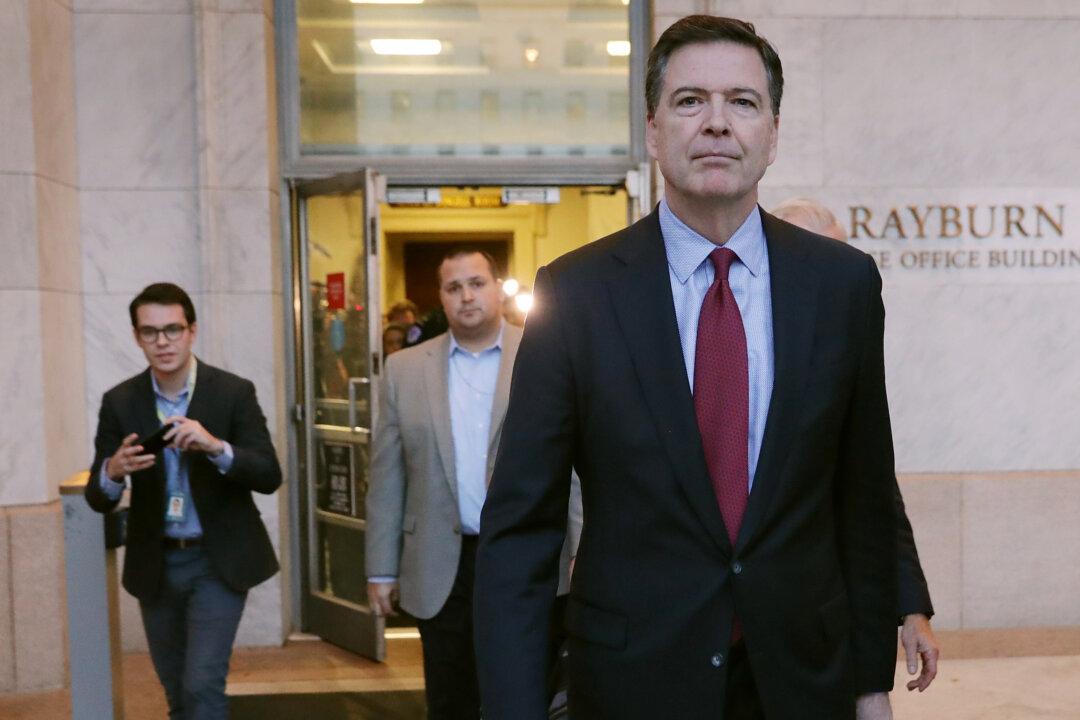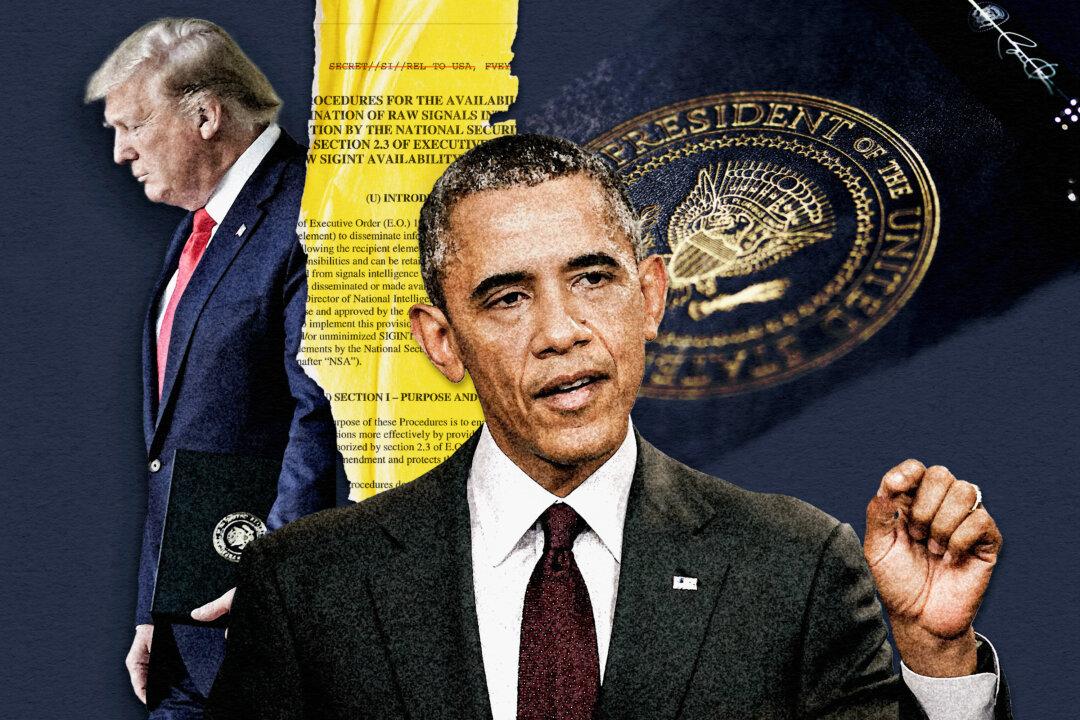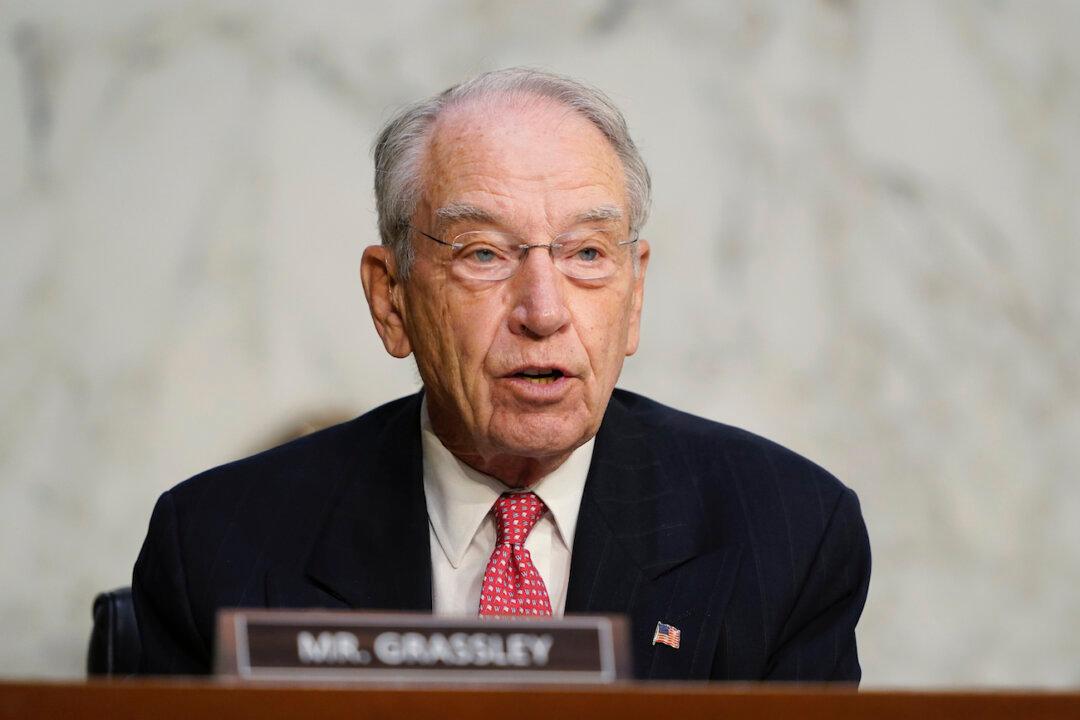A declassified Jan. 7 order, released by Presiding FISA Court Judge James Boasberg, revealed that the Department of Justice (DOJ) has determined that two of the four FISA surveillance applications on former Trump 2016 presidential campaign adviser Carter Page were “not valid.”
The court wrote that it had received notice of “material misstatements and omissions” in the Foreign Intelligence Surveillance Act (FISA) applications made on Page, apparently with respect to the final two FISA renewals. The court also noted that the DOJ had made the assessment that with regard to the two applications, “there was insufficient predication to establish probable cause to believe that [Carter] Page was acting as an agent of a foreign power.”





